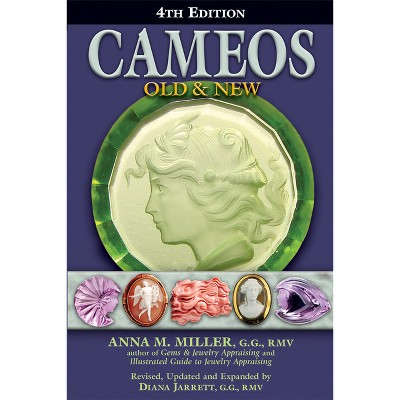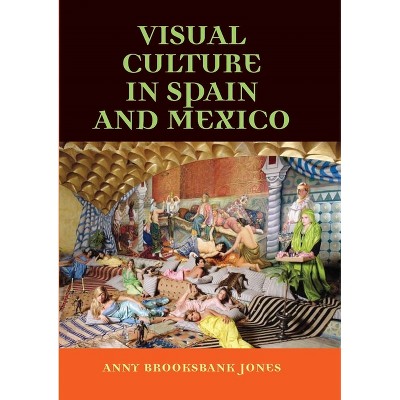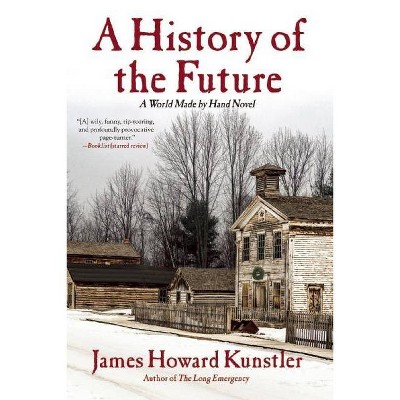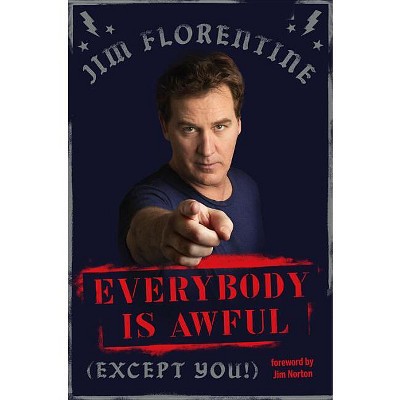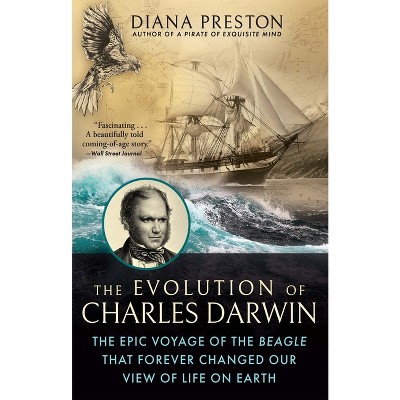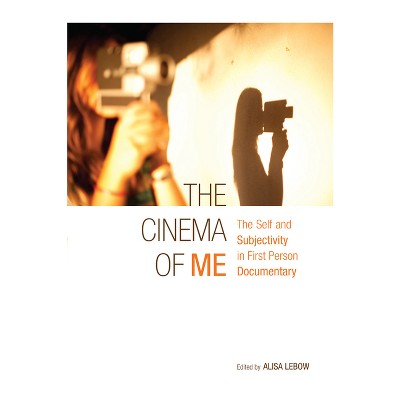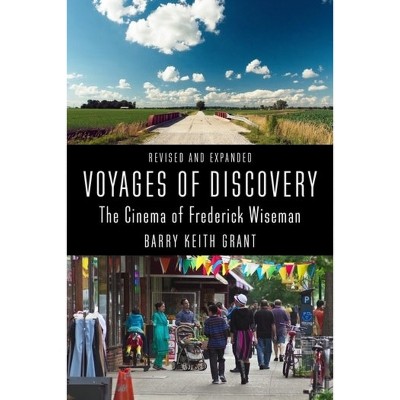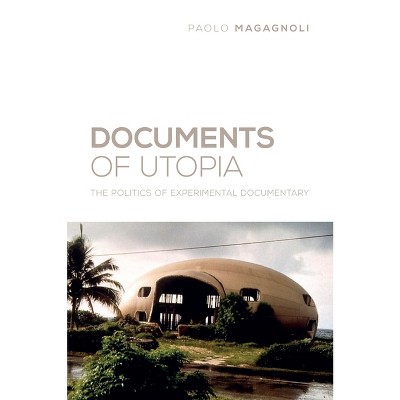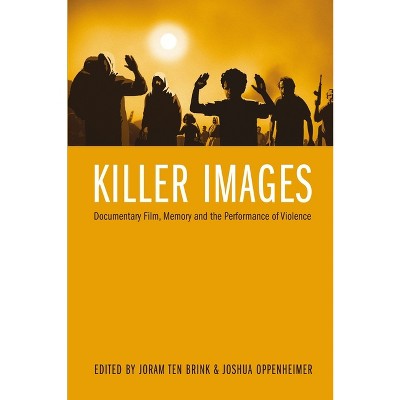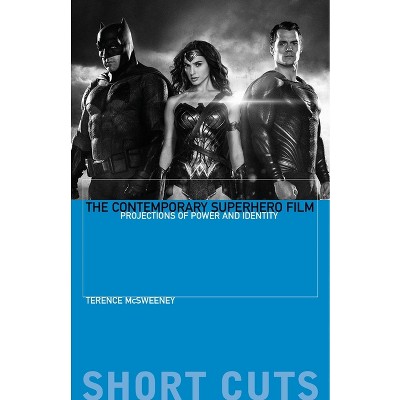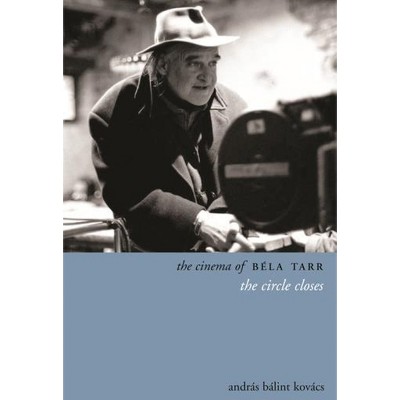Sponsored

Filming History from Below - (Nonfictions) by Efrén Cuevas (Paperback)
$30.99
In Stock
Eligible for registries and wish lists
Sponsored
About this item
Highlights
- Traditional historical documentaries strive to project a sense of objectivity, producing a top-down view of history that focuses on public events and personalities.
- About the Author: Efrén Cuevas is a professor in the Department of Film and TV at the University of Navarra.
- 320 Pages
- Performing Arts, Film
- Series Name: Nonfictions
Description
About the Book
"Traditional historical documentaries strive to project a sense of objectivity, producing a top-down view of history that focuses on public events and personalities. In recent decades, in line with historiographical trends advocating "history from below," a different type of historical documentary has emerged, focusing on tightly circumscribed subjects, personal archives, and first-person perspectives. Efrâen Cuevas categorizes these films as "microhistorical documentaries" and examines how they push cinema's capacity as a producer of historical knowledge in new directions. Cuevas pinpoints the key features of these documentaries, identifying their parallels with written microhistory: a reduced scale of observation, a central role given to human agency, a conjectural approach to the use of archival sources, and a reliance on narrative structures. Microhistorical documentaries also use tools specific to film to underscore the affective dimension of historical narratives, often incorporating autobiographical and essayistic perspectives, and highlighting the role of the protagonists' personal memories in the reconstruction of the past. These films generally draw from family archives, with an emphasis on snapshots and home movies. Filming History from Below examines works including Pâeter Forgâacs's films dealing with the Holocaust such as The Maelstrom and Free Fall; documentaries about the Israeli-Palestinian conflict; Rithy Panh's work on the Cambodian genocide; films about the internment of Japanese Americans during the Second World War such as A Family Gathering and History and Memory; and Jonas Mekas's chronicle of migration in his diary film Lost, Lost, Lost"--Book Synopsis
Traditional historical documentaries strive to project a sense of objectivity, producing a top-down view of history that focuses on public events and personalities. In recent decades, in line with historiographical trends advocating "history from below," a different type of historical documentary has emerged, focusing on tightly circumscribed subjects, personal archives, and first-person perspectives. Efrén Cuevas categorizes these films as "microhistorical documentaries" and examines how they push cinema's capacity as a producer of historical knowledge in new directions. Cuevas pinpoints the key features of these documentaries, identifying their parallels with written microhistory: a reduced scale of observation, a central role given to human agency, a conjectural approach to the use of archival sources, and a reliance on narrative structures. Microhistorical documentaries also use tools specific to film to underscore the affective dimension of historical narratives, often incorporating autobiographical and essayistic perspectives, and highlighting the role of the protagonists' personal memories in the reconstruction of the past. These films generally draw from family archives, with an emphasis on snapshots and home movies. Filming History from Below examines works including Péter Forgács's films dealing with the Holocaust such as The Maelstrom and Free Fall; documentaries about the Israeli-Palestinian conflict; Rithy Panh's work on the Cambodian genocide; films about the internment of Japanese Americans during the Second World War such as A Family Gathering and History and Memory; and Jonas Mekas's chronicle of migration in his diary film Lost, Lost, Lost.Review Quotes
Among the many books being published today on film and history, Filming History from Below stands out for the uniqueness of its approach and its excavation of a previously untapped subject. Cuevas is able to show how the contributions of microhistorical documentaries significantly broaden our understanding of movements, moments, and people of the past, and thus add to the broader discourse of history.--Robert Rosenstone, author of History on Film/Film on History
About the Author
Efrén Cuevas is a professor in the Department of Film and TV at the University of Navarra. He is coeditor of The Man Without the Movie Camera: The Cinema of Alan Berliner (2002) and Landscapes of the Self: The Cinema of Ross McElwee (2008).Dimensions (Overall): 9.0 Inches (H) x 6.0 Inches (W) x .9 Inches (D)
Weight: .95 Pounds
Suggested Age: 22 Years and Up
Number of Pages: 320
Genre: Performing Arts
Sub-Genre: Film
Series Title: Nonfictions
Publisher: Wallflower Press
Theme: Historical, Genres
Format: Paperback
Author: Efrén Cuevas
Language: English
Street Date: January 11, 2022
TCIN: 94479348
UPC: 9780231195973
Item Number (DPCI): 247-33-6569
Origin: Made in the USA or Imported
If the item details aren’t accurate or complete, we want to know about it.
Shipping details
Estimated ship dimensions: 0.9 inches length x 6 inches width x 9 inches height
Estimated ship weight: 0.95 pounds
We regret that this item cannot be shipped to PO Boxes.
This item cannot be shipped to the following locations: American Samoa (see also separate entry under AS), Guam (see also separate entry under GU), Northern Mariana Islands, Puerto Rico (see also separate entry under PR), United States Minor Outlying Islands, Virgin Islands, U.S., APO/FPO
Return details
This item can be returned to any Target store or Target.com.
This item must be returned within 90 days of the date it was purchased in store, shipped, delivered by a Shipt shopper, or made ready for pickup.
See the return policy for complete information.

